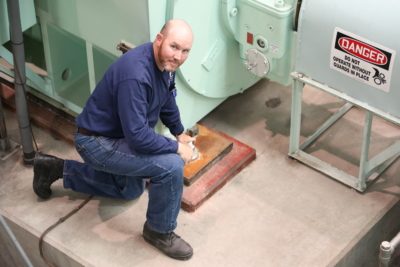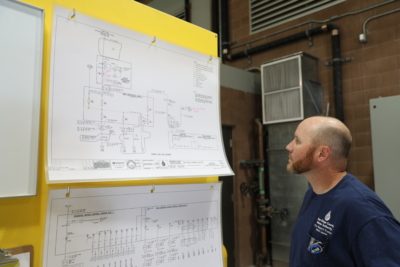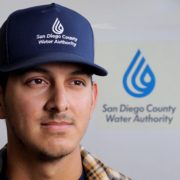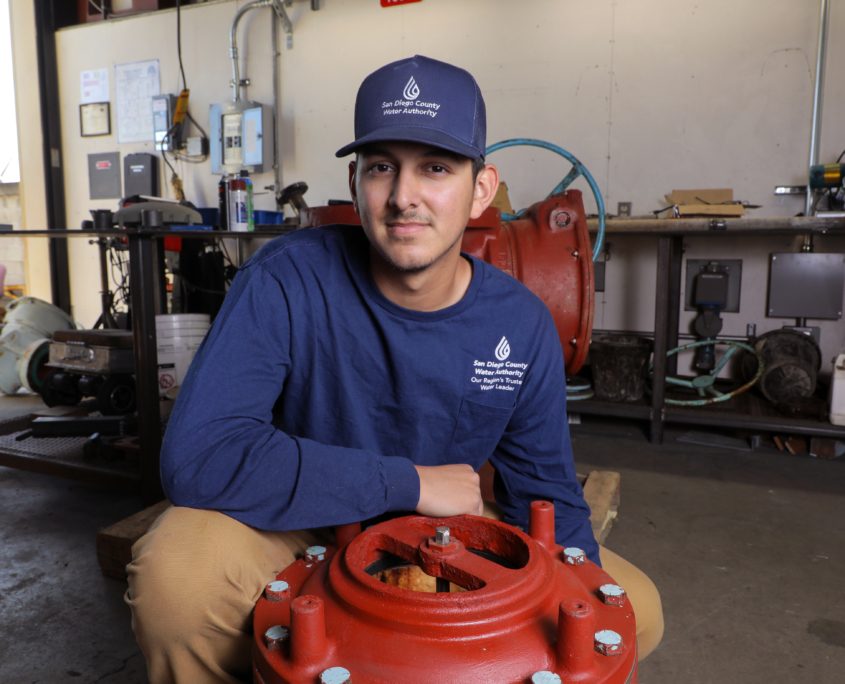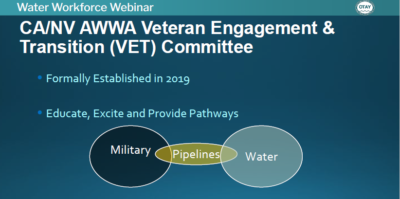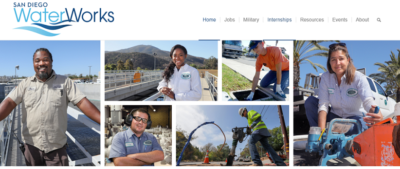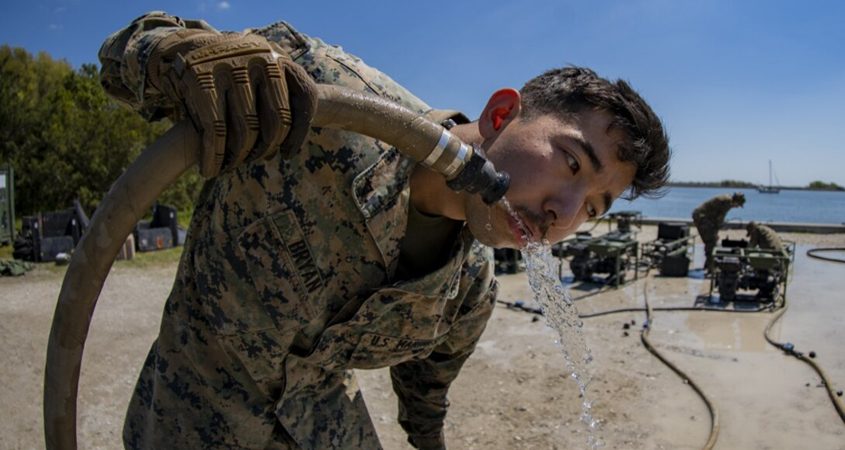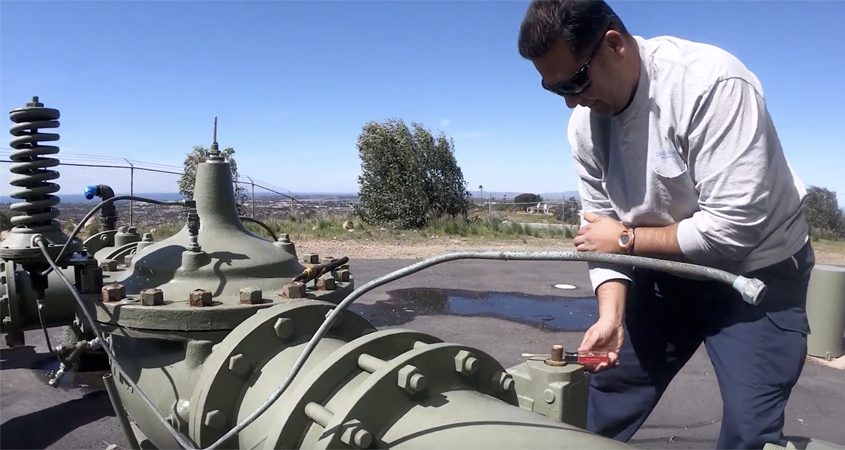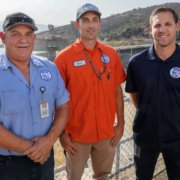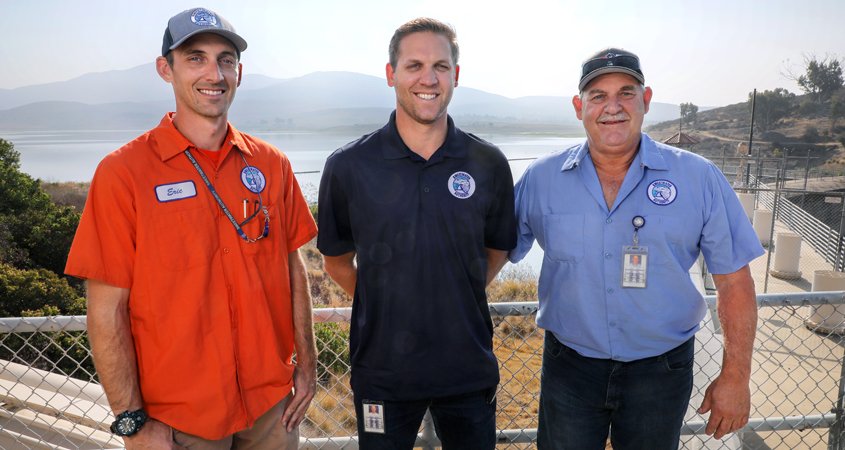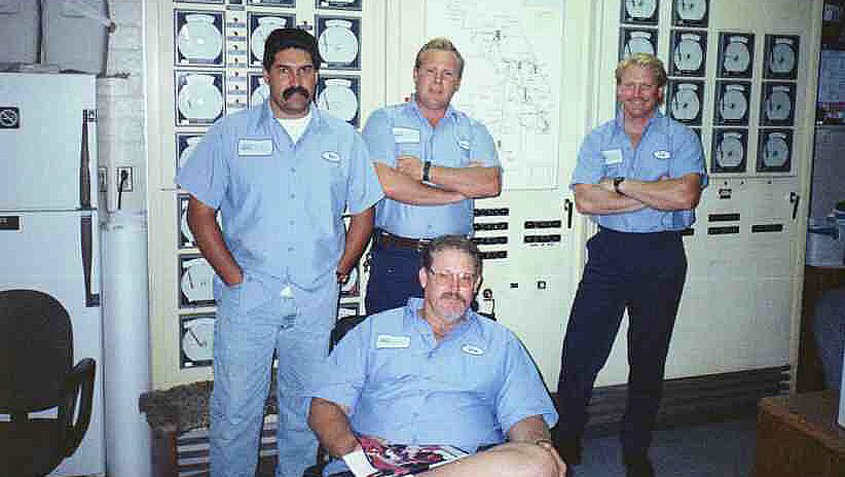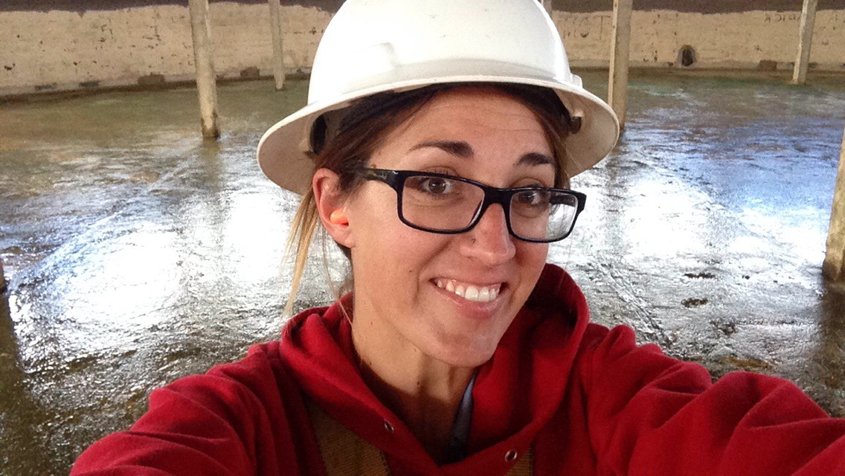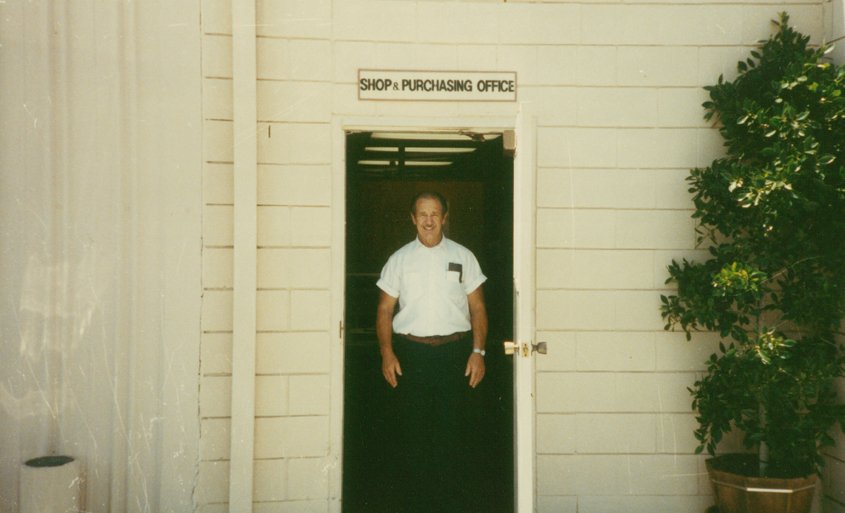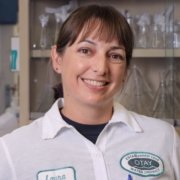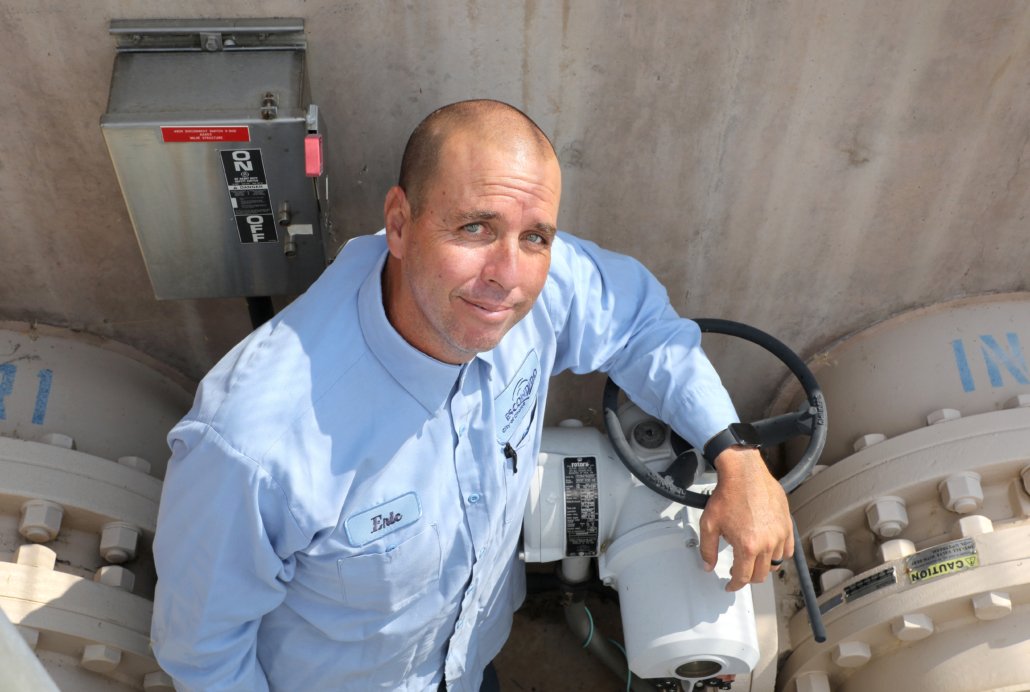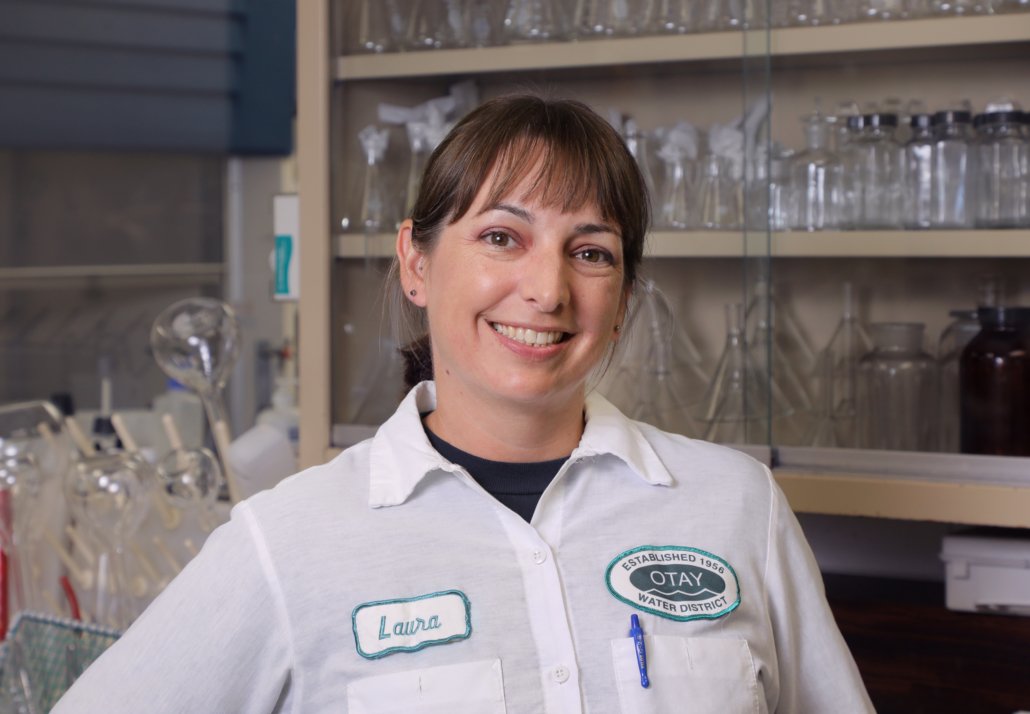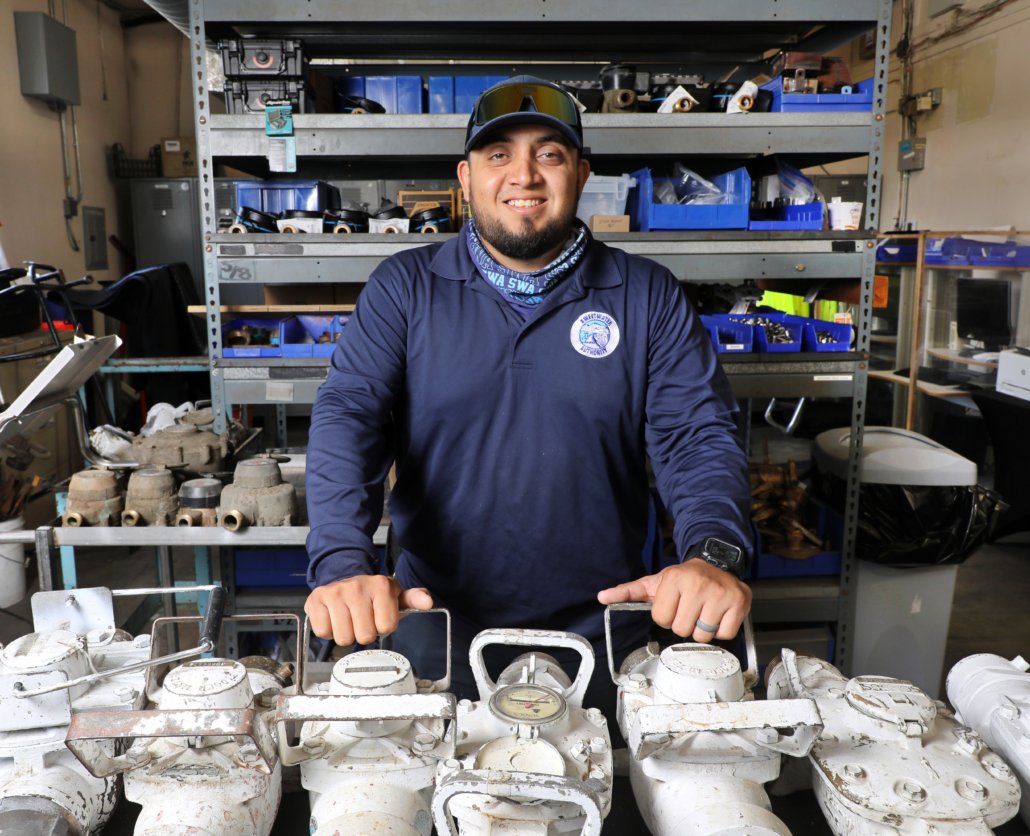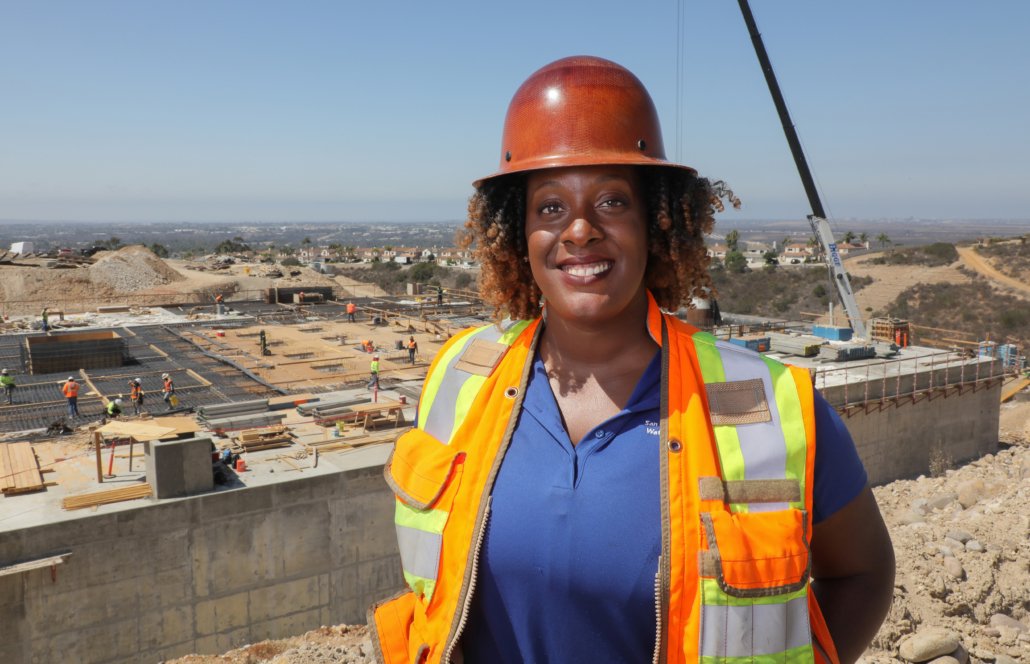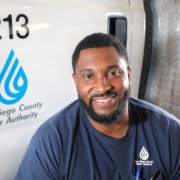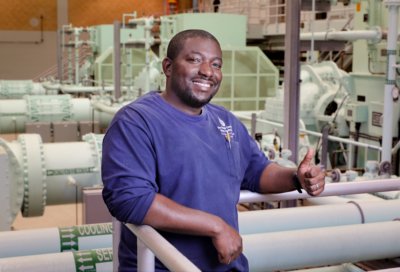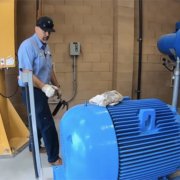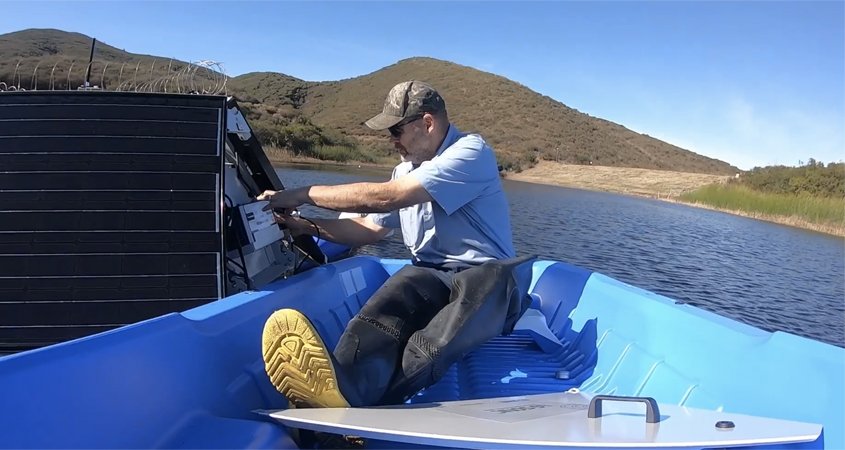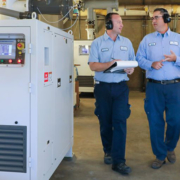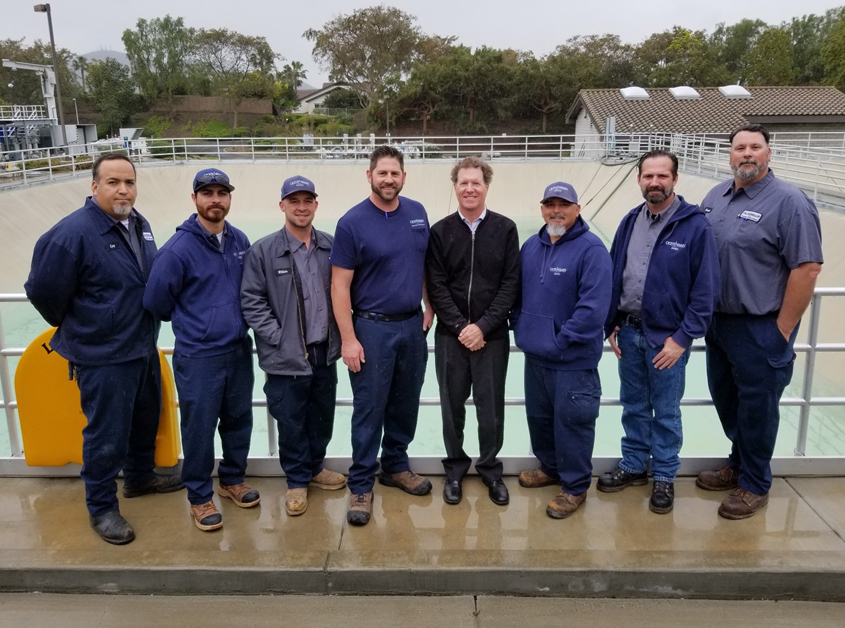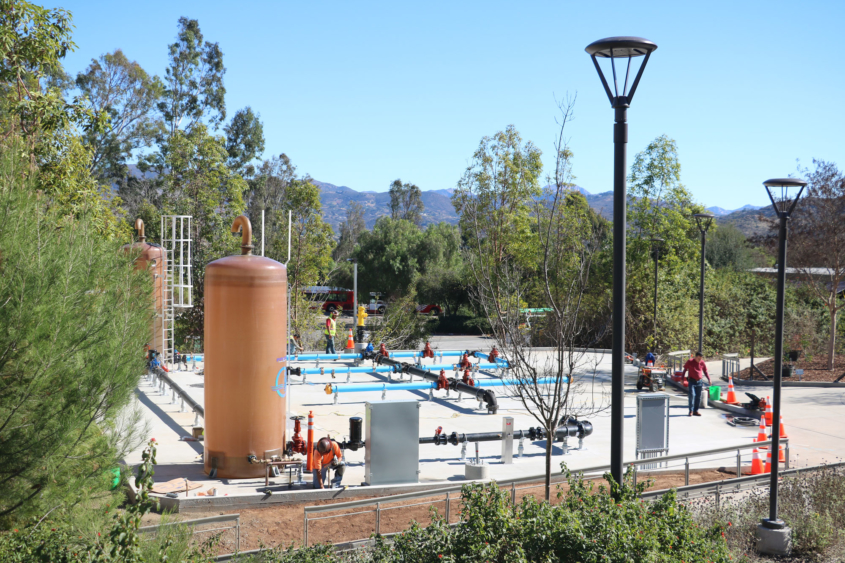Water Industry Wants You: Military Career Day at Cuyamaca College
The Center for Water Studies at Cuyamaca College and San Diego County water agencies are hosting a free career day August 10 for military veterans looking to transition into the water and wastewater industry. The in-person career day is 8:30 a.m. to 4 p.m. at the Cuyamaca College Student Center, 900 Rancho San Diego Parkway in El Cajon.
Registration is online at CenterforWaterStudies.org. The San Diego County Water Authority is co-sponsoring the military career day.
Many water agencies are hiring, and veterans have key skills needed to provide safe, reliable drinking water for San Diego communities.
Retirements spur need for water and wastewater industry workers
The opportunities for both transitioning servicemembers and local water agencies are significant. More than 30,000 service members separate from the military each year in California, and more than half are transitioning out of active duty in the San Diego region. Roughly half of the current water industry workforce in the San Diego region will be eligible to retire in the next 15 years – and approximately 1,400 water and wastewater industry jobs are expected to open in the region in the next five years.
Veterans will have the opportunity to meet water agency recruiters, learn about industry pay and benefits, and receive advice on different career pathways and fast-track educational opportunities offered by the Center for Water Studies, which provides specialized training in water and wastewater operations.
“Warriors2WaterWorks” career day
The “Warriors2WaterWorks” career day will be filled with many opportunities for veterans entering the civilian work world:
- Water agencies from throughout the San Diego region will be available at information booths with applications that may be filled out on the spot, job lists, and agency information.
- An equipment demonstration will be on display for attendees to learn more about what kind of equipment and infrastructure they may work with in water jobs.
- Tours of the Cuyamaca College Veterans Center and Center for Water Studies.
- Among other speakers, Otay Water District General Manager Jose Martinez, a U.S. Navy veteran, will speak on “How Your Military Service Translates to a Career in the Water Industry” and San Diego County Water Authority Director of Water Resources Kelley Gage will give the lunch time keynote on “100 Years of US Military/Regional WaterWorks Collaboration.”
- Other sessions include a panel of recently transitioned military personnel in the water industry and a panel of human resources professionals detailing the civilian employment process.
- A Military Occupation Specialty (MOS) session will be given, to help translate the military career of a veteran to a civilian career with applicable skillsets.
- Breakout sessions designed for active military and veteran/reservists. Military spouses are encouraged to attend.
Job Opportunities
In October 2020, The San Diego County Water Authority and its 24 member agencies launched a website – SanDiegoWaterWorks.org – that provides the first comprehensive posting of regional water and wastewater industry job openings in one location. The San Diego Water Works website includes:
- Current water and wastewater job postings in the San Diego region
- Training and education resources, career advice and internship programs
- Featured jobs that highlight rewarding careers in the water industry
- Information about special training programs and internships for military veterans
- Tips and resources for transitioning military
Jason Gumbiner, a Senior Engineering Technician for the San Diego County Water Authority and Navy veteran, shares why he thinks the water industry is a good fit for veterans. https://t.co/2BZw0vESah
— San Diego County Water Authority (@sdcwa) August 4, 2022



